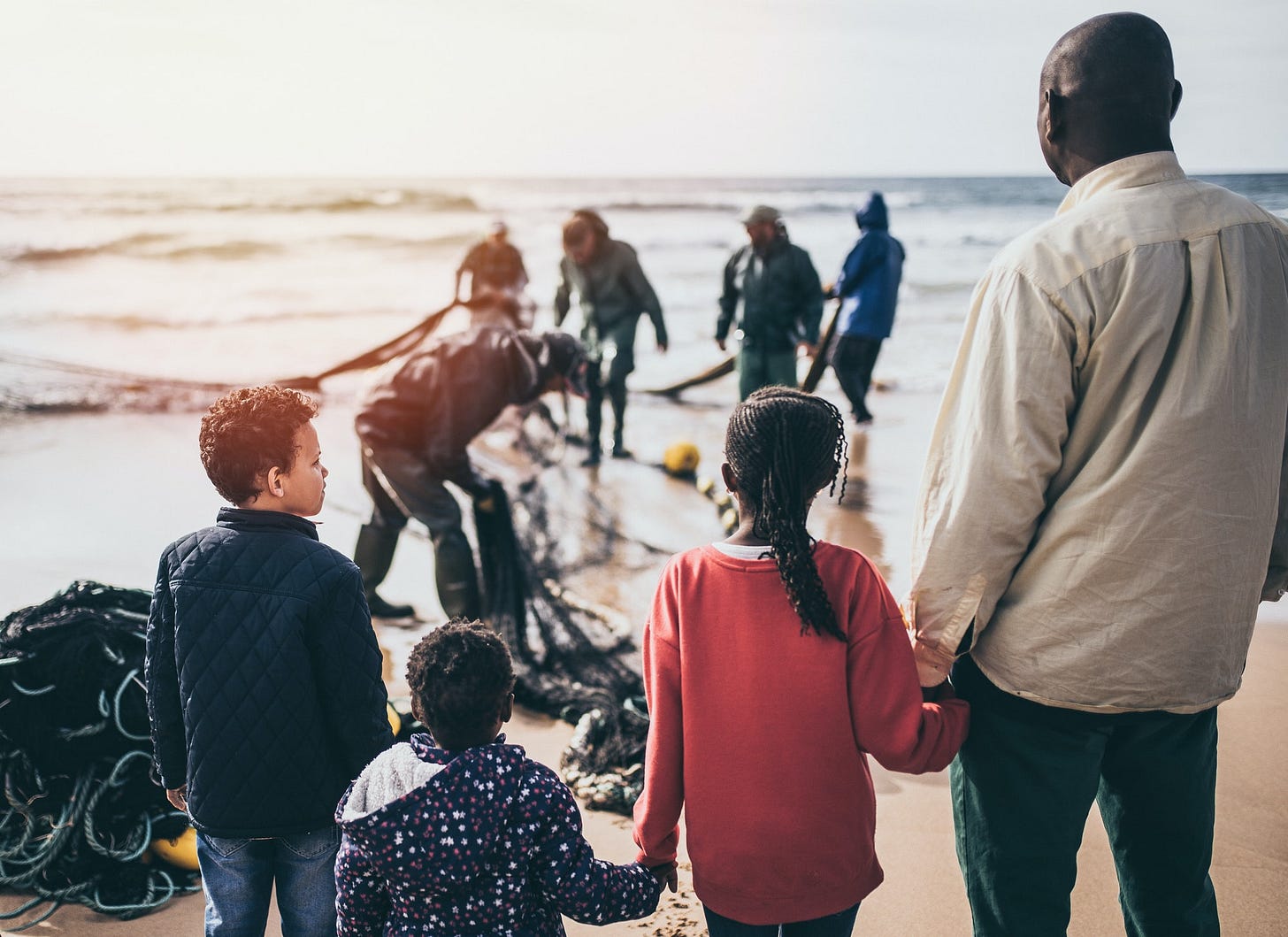🛫 Getting Evacuated Is Only The Beginning
We really don't like refugees.

But that's changing in remarkable ways. For some reason most Americans today, whether they are progressives or conservatives, actually want Afghan refugees to come here.
This is surprising because Americans don't really like refugees. For all our talk of accepting the "tired, poor ... huddled masses yearning to breath free," in 2019 we barely allowed any refugees to enter, and of course during COVID we shut the door completely.
And you'd be wrong if you think this is all because of Donald Trump.
Almost every successive decade over the last fifty years has seen a gradual decline in the number of refugees admitted into the United States. Both Republicans and Democrats have lowered the refugee resettlement cap or refused to raise it, resulting in fewer and fewer refugees entering the U.S.
Keep reading with a 7-day free trial
Subscribe to UnfairNation to keep reading this post and get 7 days of free access to the full post archives.




